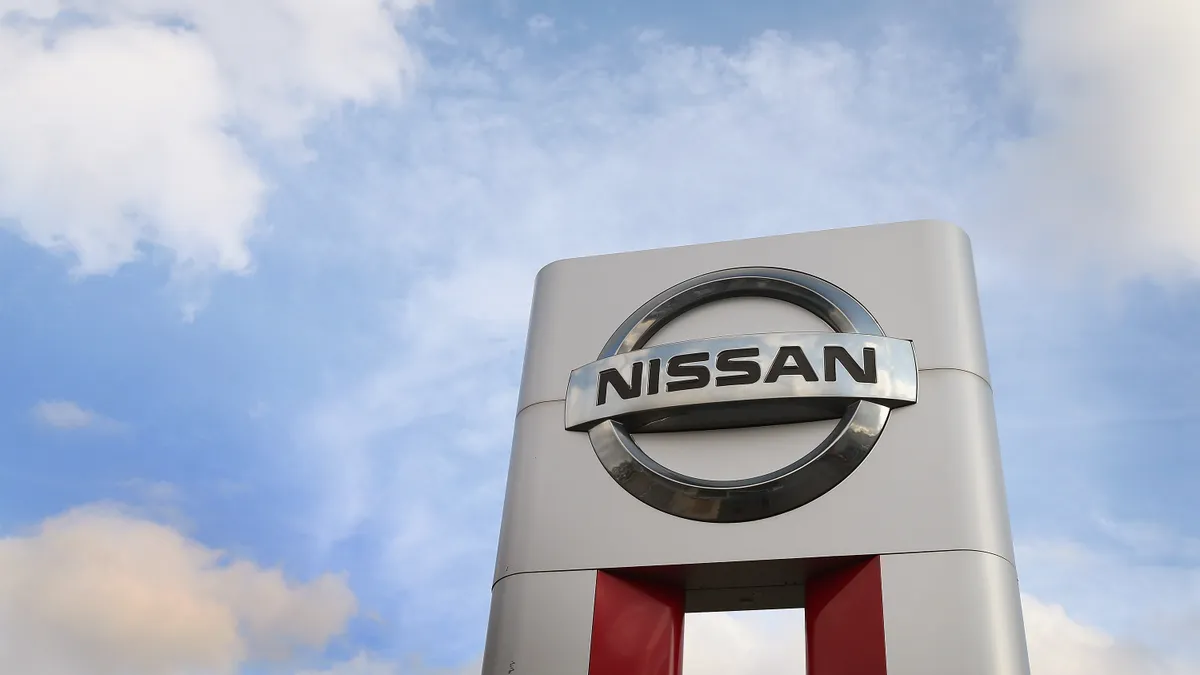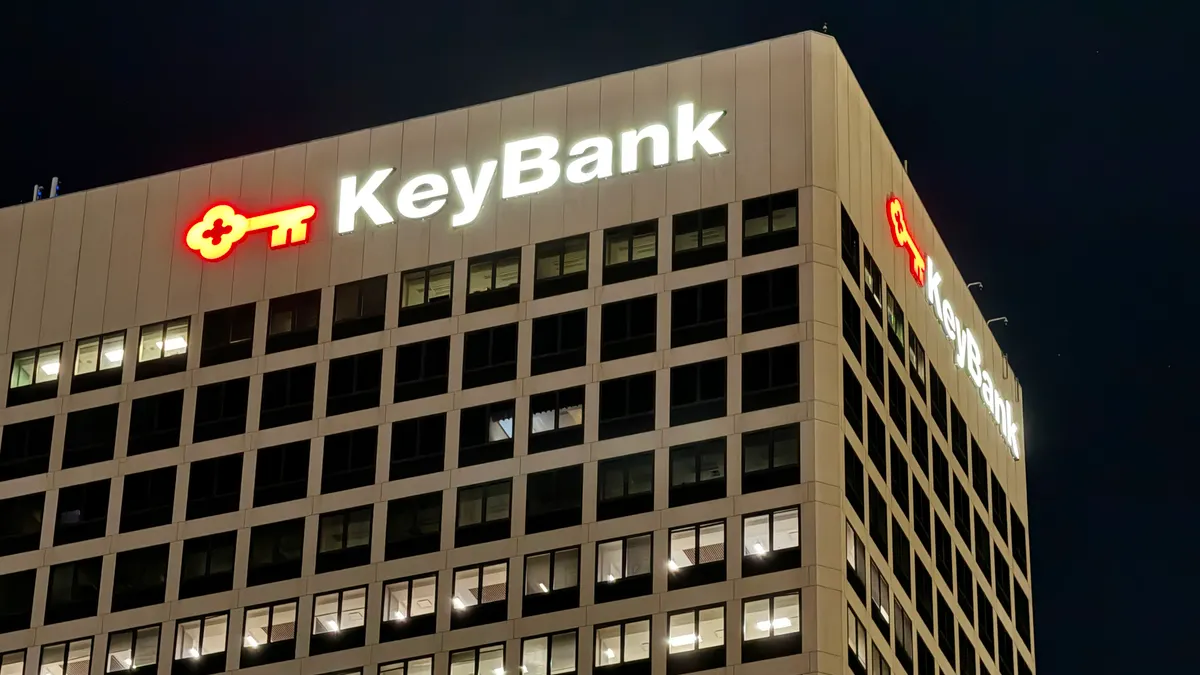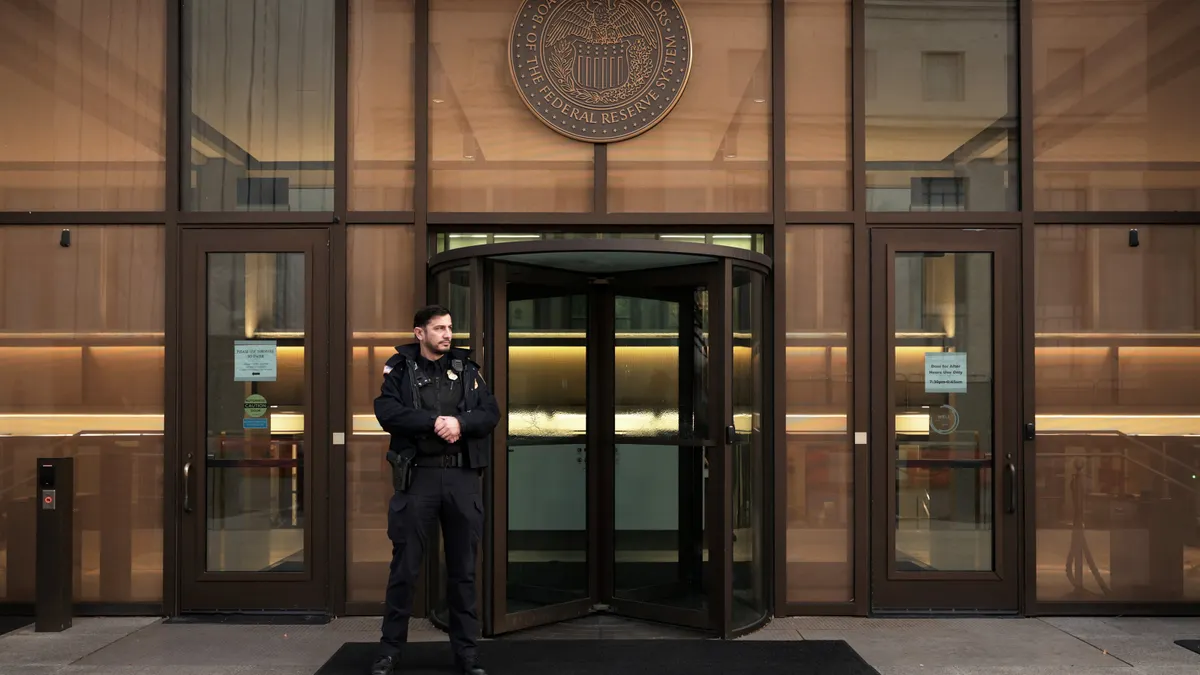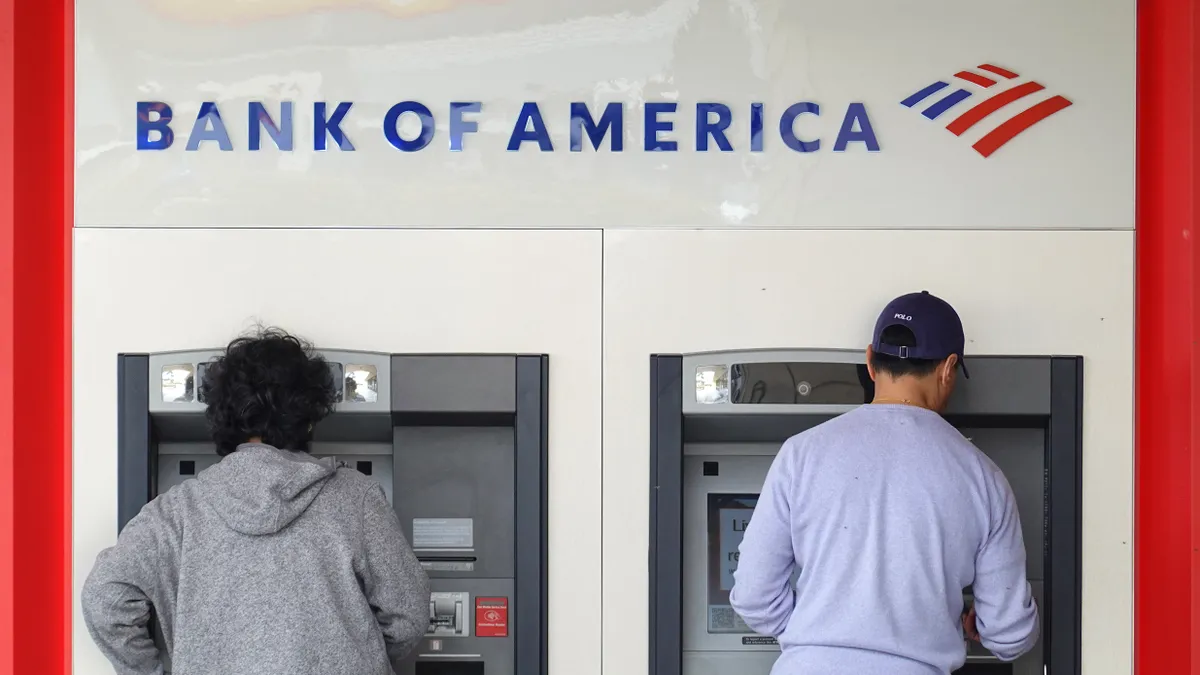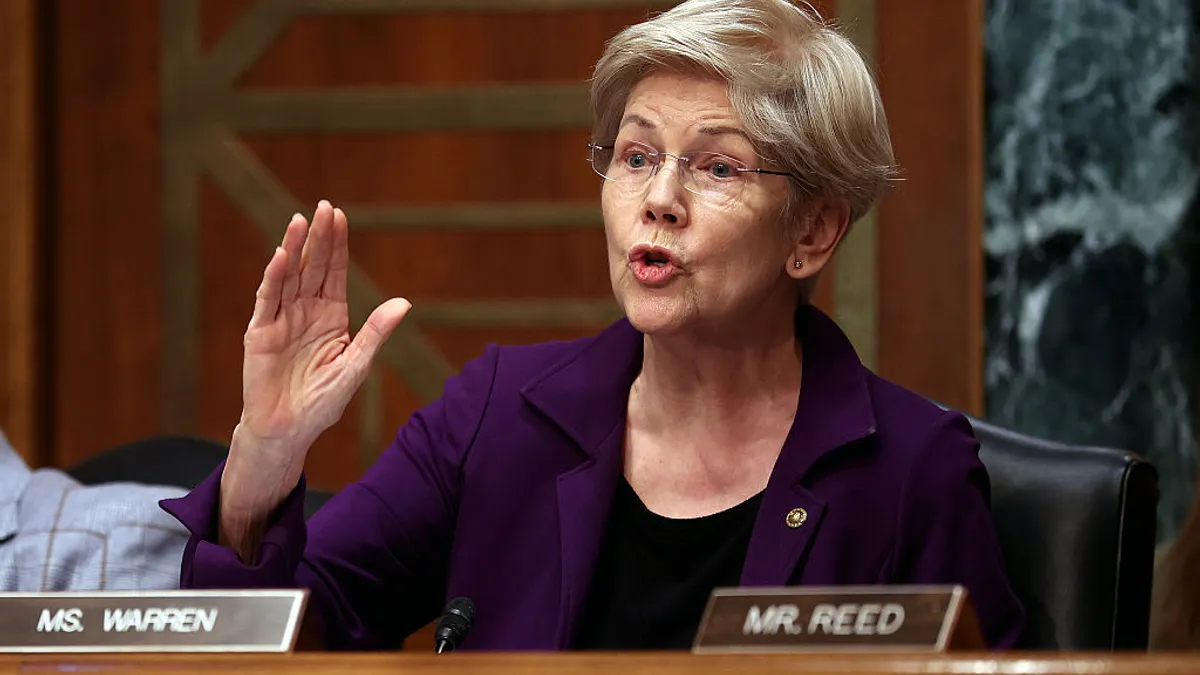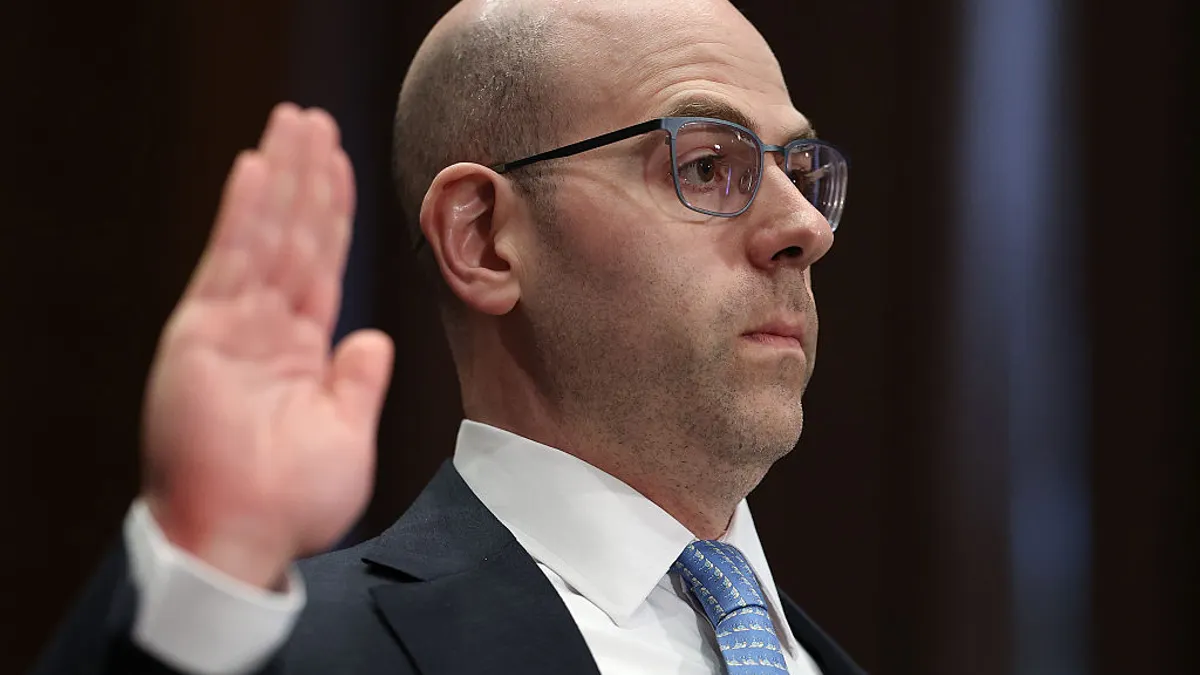Nissan Motor Acceptance Co. has applied for an industrial loan company charter from the Federal Deposit Insurance Corp. and the Utah Department of Financial Institutions, the Japanese carmaker said Friday.
“Forming Nissan Bank U.S. gives us greater flexibility to serve dealers more efficiently and competitively – so they can better serve their customers,” Kevin Cullum, president of Nissan’s financial services arm, said in a press release. “From small towns to major markets, this Bank will help dealers access the tools they need to grow – while reinforcing our long-term investment in the U.S. market.”
The carmaker did not detail what specific products a charter would allow it to offer to make financing more flexible or cost-effective. Nonetheless, Nissan joins a spate of automotive firms vying for an ILC charter.
GM Financial, for example, resubmitted its application for an ILC charter in January. Ford, similarly, applied to become an industrial bank in 2022.
Regulators’ prevailing stance on ILCs appears to be shifting. FDIC Acting Chair Travis Hill, in an April speech, cited greater acceptance of ILCs as one of several ways to boost the number of new banks in the U.S.
Some lawmakers, however, have long argued the ILC designation exempts companies from the definition of a “bank” under the Bank Holding Company Act. As long as industrial banks don’t offer demand deposit accounts, they can bypass oversight by the Federal Reserve, opponents have said.
“The Rakutens and the Googles of the world shouldn’t be able to circumvent the Fed,” Sen. John Kennedy, R-LA, said in 2019, introducing a bill to close that “loophole.”
“If they’re allowed to handle your banking services, they’re going to turn into continents,” he said.
Michele Alt, a co-founder of financial services advisory and investment firm Klaros Group, which advised Nissan on its ILC move, said such charters have existed in the U.S. in some form for more than 100 years, noting that the Competitive Equality in Banking Act eliminated “nonbank banks” but preserved ILCs.
“An ILC is a lawful charter type that the FDIC is directed to approve if an applicant satisfies applicable statutory criteria, and opposition by competitors is not part of that approval criteria,” Alt said.
Independent Community Bankers of America, a trade group, represents some of those “competitors.”
“Any company that wishes to own a full-service bank should be subject to the same restrictions and supervision that apply to any other bank holding company,” ICBA CEO Rebeca Romero Rainey has said.
Prospects for ILCs have seesawed over the years. The FDIC went more than a decade without approving any ILC charter applications, until it gave green lights to fintech Square (now Block) and student loan servicer Nelnet in 2020.
But the applications have often languished for years. GM Financial applied for an ILC charter in December 2020 – and gained conditional approval from Utah’s financial regulator 3½ years later – in June 2024. However, GM pulled the application from FDIC consideration “to address feedback” from the agency, the company said.
As recently as last year, at least one lawmaker, now-former Sen. Mitt Romney, urged action on pending ILC charter applications, arguing that industrial banks would “provide critical access to credit opportunities within the regulated banking sector.” Romney represented Utah; Nissan Bank would be based in Salt Lake City.
But the FDIC, during the Biden era, was largely reluctant to embrace the ILC. The agency last July proposed a rule that would have demanded industrial banks operate independently of their parent companies and required the FDIC to evaluate whether the ILC would meet its community’s lending needs.
Hill, who now runs the regulator, voted no on that proposal.
“Given the gravity of the policy issues at play, I think it would make sense for the FDIC to engage in a thoughtful, deliberative policymaking process to provide transparency around how we might approach this and other ILC-related questions,” Hill said at the time.
The rule was not finalized before President Donald Trump’s election brought about a leadership change at the FDIC.
Since then, the queue of companies awaiting the agency’s approval on ILC charters has only grown longer. OneMain Financial applied to become an industrial bank in March. Investment firm Edward Jones applied in April.
Edward Jones, for one, had initially sought an ILC charter in 2020 but withdrew its application in 2022, citing the “environment” at the time.


